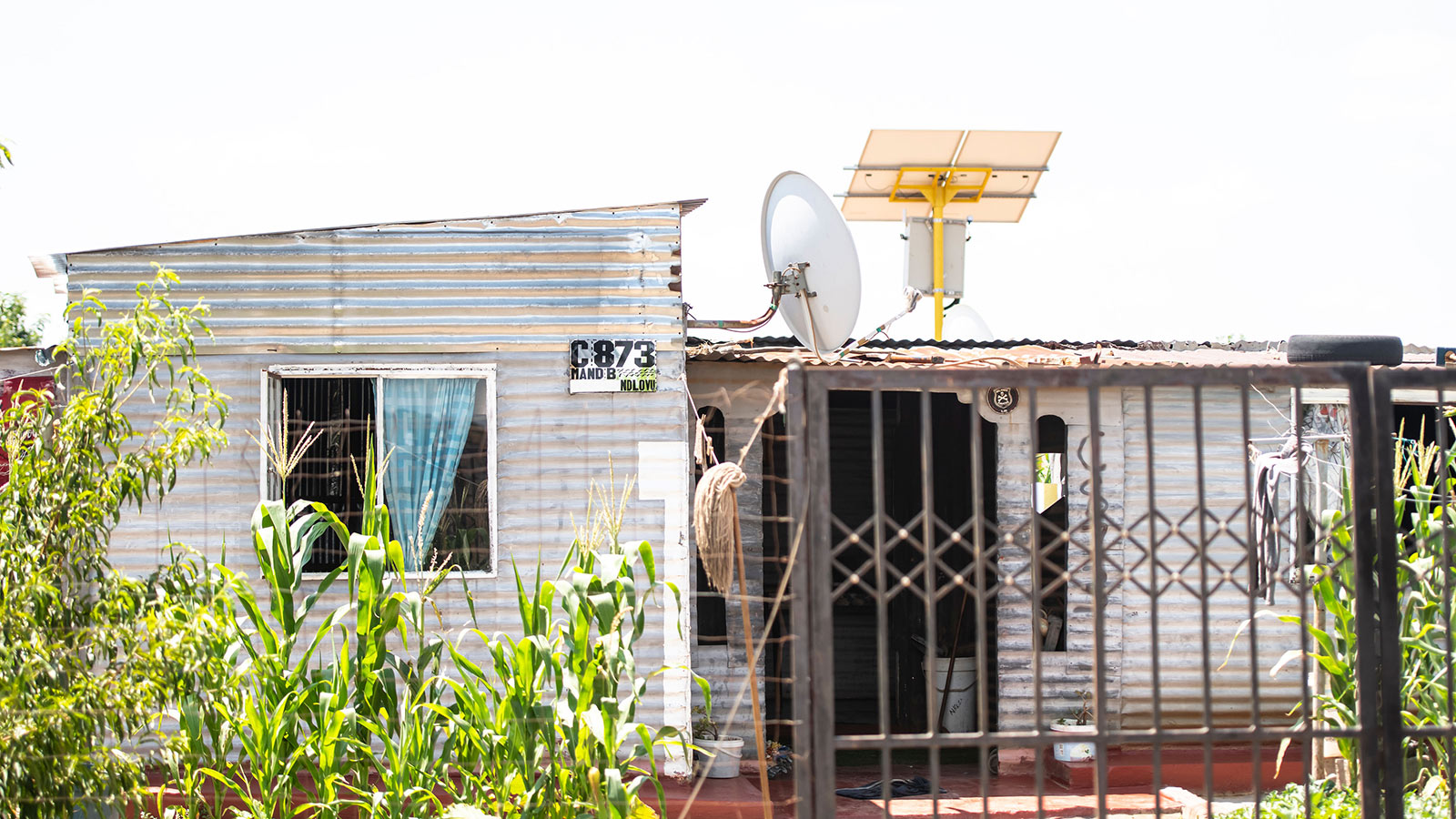
- Home
- About Us
- Sustainability
- Investors
- News
- People & Culture
-
Regions

Our planet’s future depends on our collective ability to tackle the urgent threat of climate change. At MTN, we understand that climate change is an environmental concern and a critical business risk with significant financial implications. Embedding climate risk assessments into our operations is a critical part of our sustainability journey.
Ahista Hussain, MTN Group Senior Manager: Environmental Management and Governance, shares some insights into MTN’s approach and the lessons we’ve learned along the way.
We know that a compelling business case is essential for driving action. Our approach focuses on demonstrating the real financial impacts of climate change. We do this by integrating climate risks into our existing business processes, highlighting the potential socio-economic consequences, and quantifying the financial impact of extreme weather events, like the recent floods and veld fires that have affected our infrastructure, on our operations and customers. The World Economic Forum (WEF) has identified extreme weather as both a short-term and long-term risk, and we have seen these risks play out firsthand. This can lead to business interruption and financial losses, making adaptation planning vital. This data-driven approach, along with aligning with global best practices, industry guidelines and frameworks like those in our sustainability reports, ensures our climate adaptation initiatives are robust, transparent and effective. Climate risk mitigation is essential for business continuity and keeping our customers connected.
Climate change and the ways we assess its risks are constantly evolving. We embrace this dynamic landscape by building a culture of continuous learning and collaboration. We rely on teams across MTN, drawing on their diverse expertise to deliver the best possible results. Our pilot Climate Change Risk Assessment (CCRA) was a valuable learning experience, allowing us to build our internal skills and knowledge through strategic partnerships with external experts. We took a phased approach, starting with a select scope of 27 assets across six markets, and, following the outcome of phase 1, focused on a material asset and associated hazards. This iterative process allows us to learn, adapt and improve our approach as the field develops.
Assessing climate risk at a regional level comes with its own set of challenges. These include choosing the right models and dealing with complexity and uncertainty. The fact that local conditions can be very different means we need tailored approaches, which adds another layer of complexity. We also know how important it is to get buy-in from risk assessment participants and to show the shared value that comes from these assessments. Our pilot CCRA showed us just how important these tailored approaches are, given the range of climate risks across different regions. The insights the MTN SA team provided in phase two were crucial for data gathering and implementation. Other challenges, such as data availability and quality, different regulatory environments and the need for adaptation measures that are specific to each area, all make regional assessments more complex.
We take a practical, step-by-step approach. We make sure our data sources and methods are documented to ensure transparency and replicability. We work with external experts to ensure our assessments are high-quality and reliable. Our South African Data Centre Adaptation Plan, which identified the material hazards of extreme heat and water stress, and the approach serves as a model that can be scaled and adapted to other data centres and regions. This targeted approach allows us to demonstrate tangible results and build momentum for broader climate action.
Our journey has yielded valuable lessons. We have learned the critical importance of context-specific approaches and the need to address gaps in existing methodologies. We understand the process, resource and execution requirements for effective climate risk assessment. To scale our efforts, we have developed a guide that Opcos can utilise and adapt to their local contexts, fostering an ongoing dialogue with stakeholders to refine our approaches over time. This incorporates best practices and lessons learned to empower local teams to conduct their assessments and develop tailored adaptation plans. Climate risk assessments are a building block to a sustainable future together.